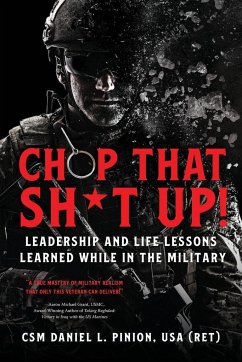Riad El-Taher arrived in England to study engineering just in time to hear Tony Benn railing against Anthony Eden's 1956 Suez policy. He was rarely far from politics thereafter. When the UN imposed crippling sanctions on his native land, he took Tam Dalyell, George Galloway and ex-BBC reporter, Tim Llewellyn, to Iraq to see their effect. At Dalyell's suggestion he formed a widely supported organisation to campaign for a reversal of this policy; after the Second Gulf War this redirected its fire at the occupation. He made enemies too, and believed he landed in Wandsworth jail as a result. Dalyell, who considered Riad to be motivated by 'an un-self-seeking desire to protect the well-being of people in Iraq,' called his treatment 'a process of nasty, political vengeance.' Neither a Ba'athist, nor an emigre oppositionist, Riad's patriotic voice is arguably unique and deserves to be heard. Though polemical, and posing uncomfortable questions, this is also the story of a remarkably varied life and the wide range of people encountered in it, not least among them Saddam Hussein.
Hinweis: Dieser Artikel kann nur an eine deutsche Lieferadresse ausgeliefert werden.
Hinweis: Dieser Artikel kann nur an eine deutsche Lieferadresse ausgeliefert werden.








